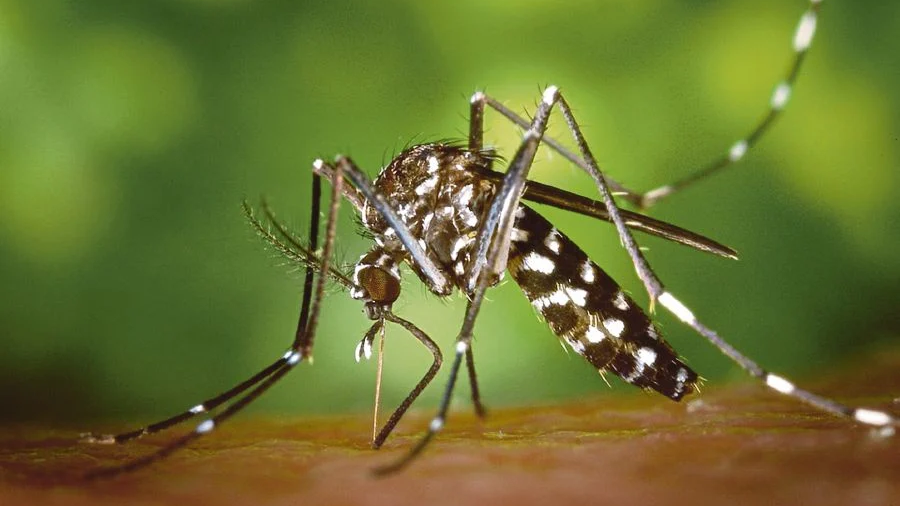خیبرپختونخوا میں مقیم افغان مہاجرین کی اعداد و شمار جاری کردیے گئے۔
دستاویز کے مطابق صوبے بھر میں مجموعی طور پر 9 لاکھ 56 ہزار 720 افغان مقیم ہیں،
رپورٹ میں بتایا گیا ہے کہ خیبر پختونخوا میں مقیم 6 لاکھ 48 ہزار 968 افغان مہاجرین کے پاس رجسٹریشن کارڈ موجود ہے جب کہ 105 افغان مہاجرین مساجد میں پیش امام ہیں۔
دستاویز میں انکشاف کیا گیا کہ 3 ہزار 911 افغان مہاجرین کو مختلف جرائم میں گرفتار کیا گیا جب کہ 597 افغان نے غیر قانونی طور پر پاکستان کی قومی شناخت کارڈ بنانے کی بھی تصدیق کی جنہیں فوری منسوخ کرنے کی ہدایت جاری کردی گئی۔رواں سال 1 لاکھ 16 ہزار 418 افغان کو ویزے جاری کئے گئے ہیں
پاکستان میں تقریباً 17 لاکھ 30 ہزار افغان شہریوں کے پاس رہائشی دستاویزات نہیں، اقوام متحدہ کی جانب سے جاری اعداد وشمار کے مطابق 13 لاکھ غیرقانونی تارکینِ وطن رہائشی ہیں، 8 لاکھ 80 ہزار مہاجرین کو قانونی حیثیت فراہم نہیں کی گئی۔




